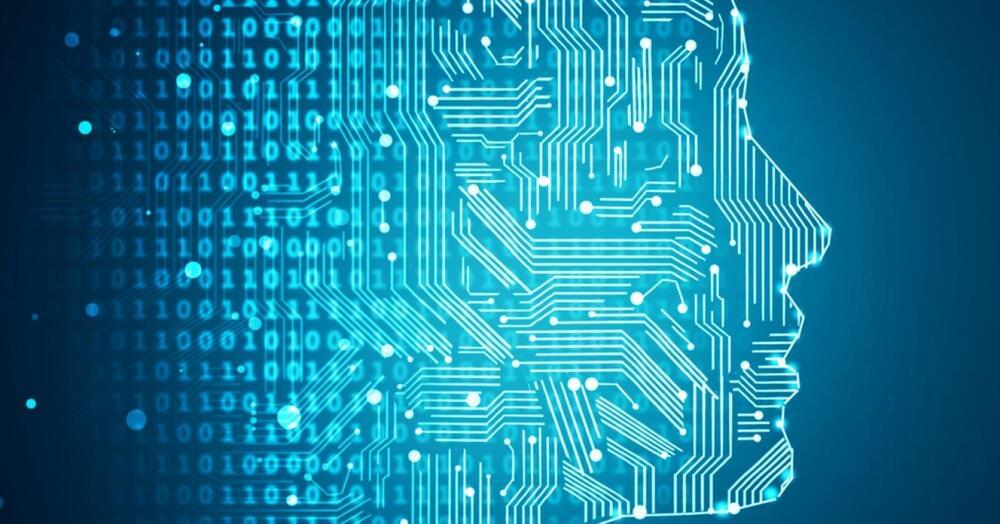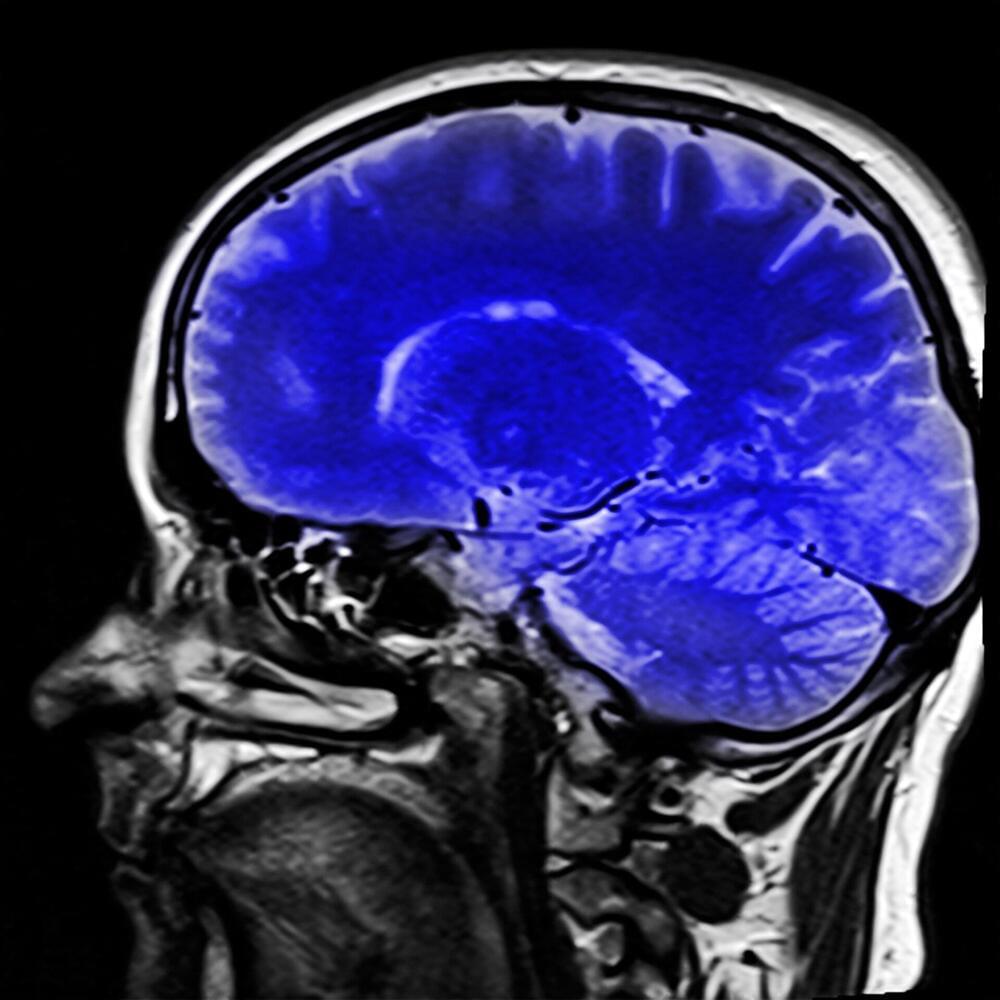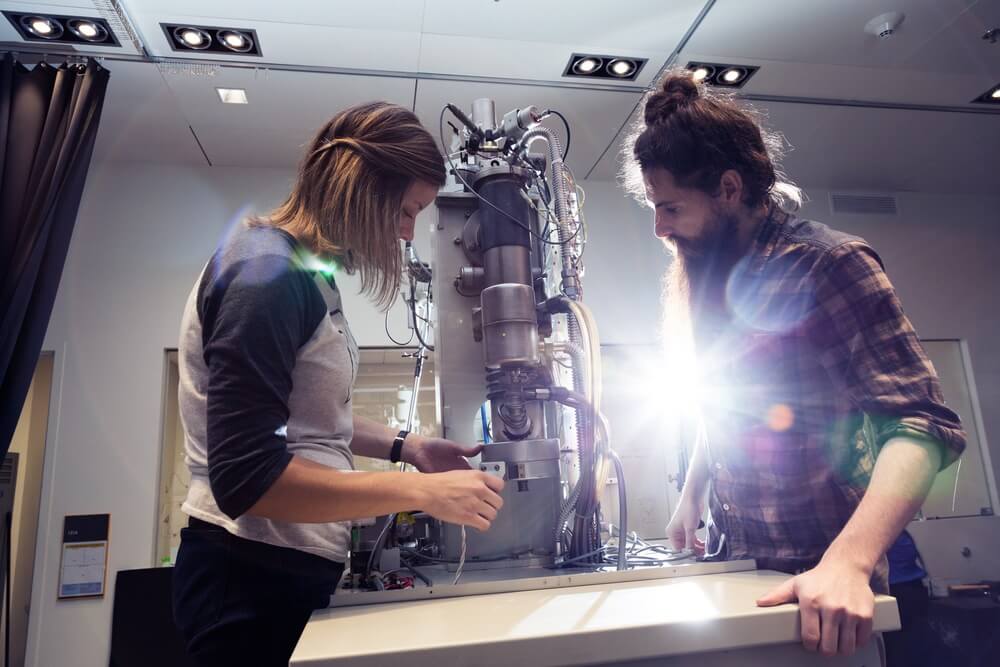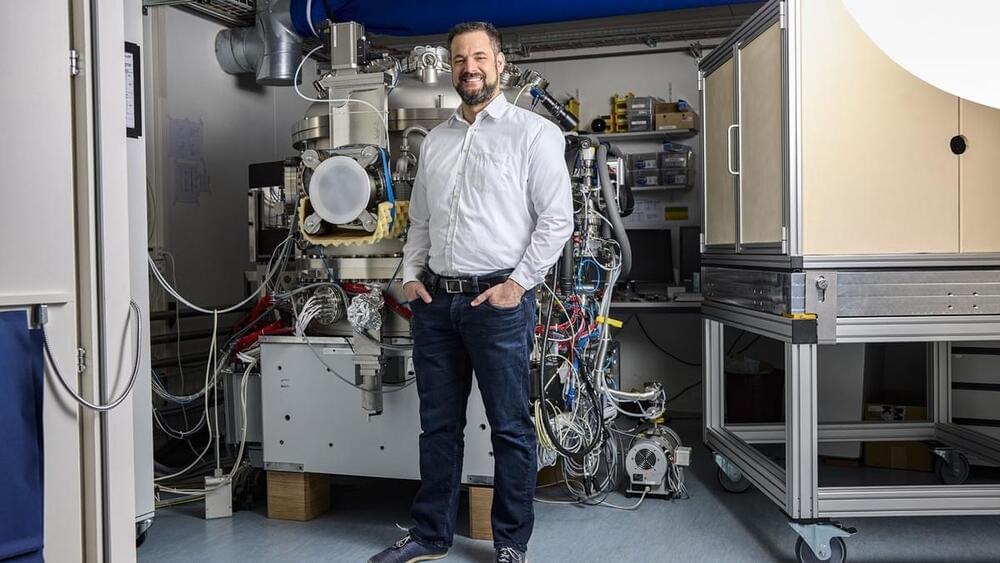According to a new theory presented by researchers at HHMI’s Janelia Research Campus and their colleagues at University College London, how useful a memory is for future situations determines where it resides in the brain.
The theory offers a new way of understanding systems consolidation, a process that transfers certain memories from the hippocampus – where they are initially stored – to the neocortex — where they reside long term.
Under the classical view of systems consolidation, all memories move from the hippocampus to the neocortex over time. But this view doesn’t always hold up; research shows some memories permanently reside in the hippocampus and are never transferred to the neocortex.








